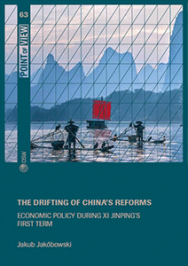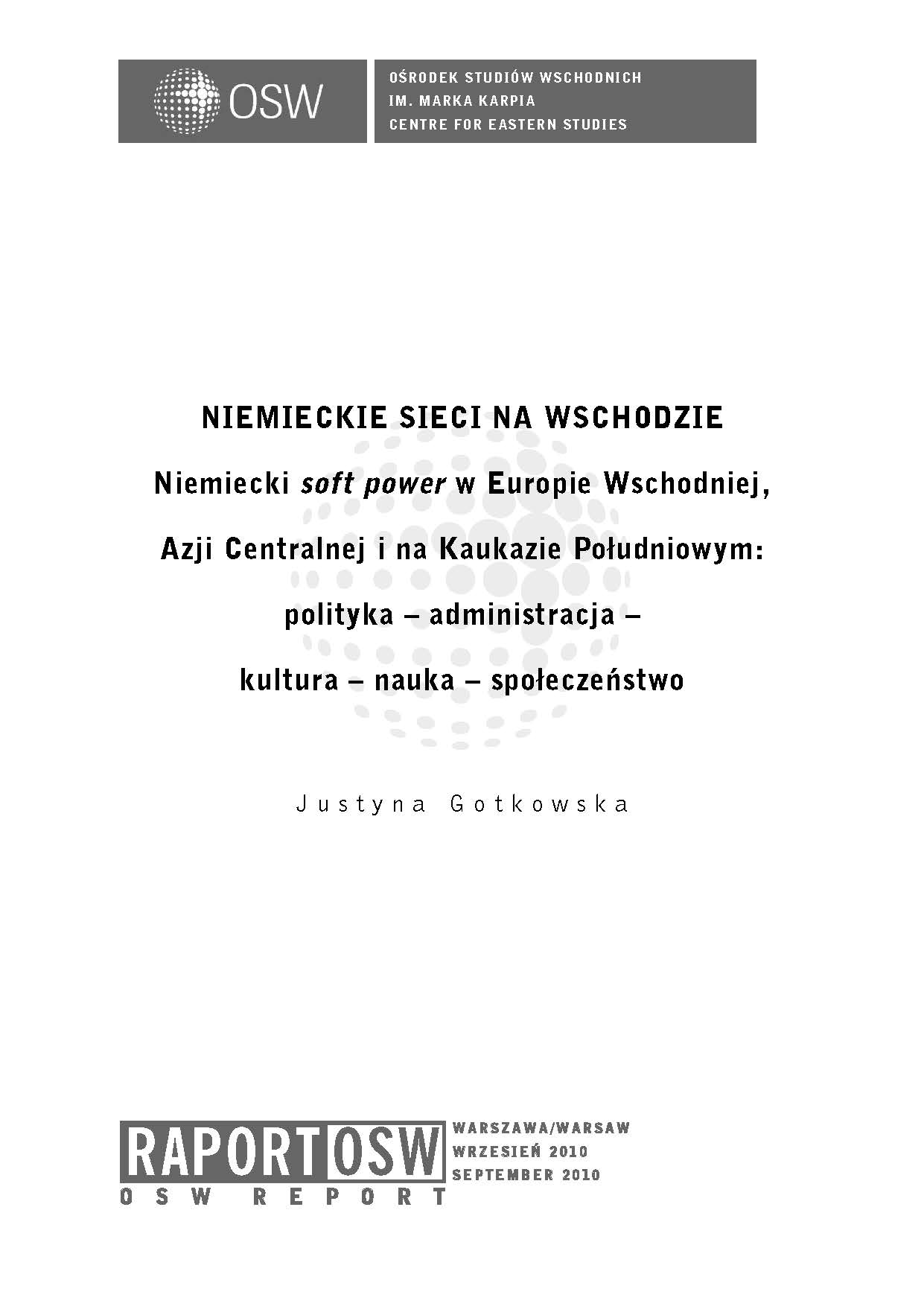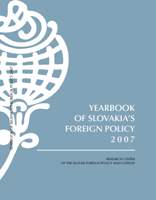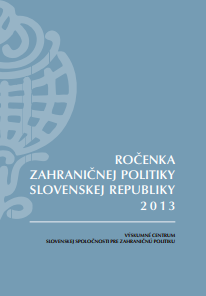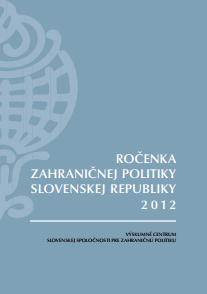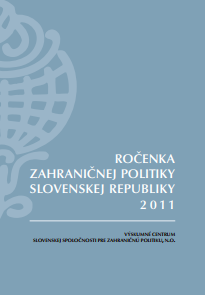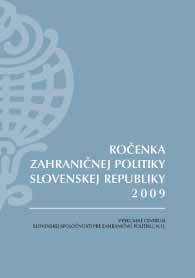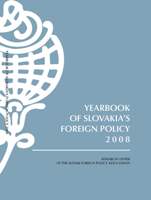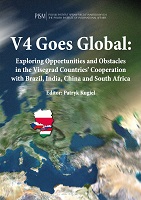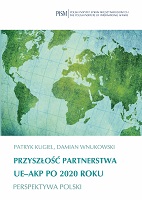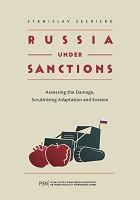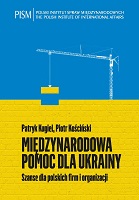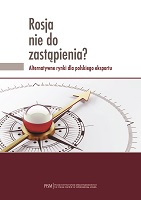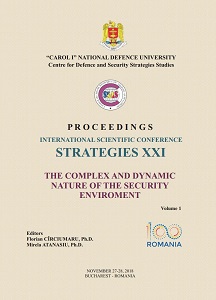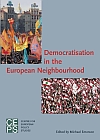
Does the EU Promote Democracy in Palestine?
Particularly since the late 1990s, EU actors have become increasingly vocal about the need for democracy and good governance in Palestine. Palestinian democracy is viewed officially both as desirable per se as well as instrumental to the peace process since the eruption of the second intifada. To support Palestinian democracy, the Union has used diplomatic instruments, as well as bilateral aid and trade policies, delivered conditionally upon the fulfilment of political and legal benchmarks. The Palestinian Authority (PA) is also included in the nascent European Neighbourhood Policy (ENP). Compared to other cases in the southern neighbourhood, the EU can take pride in achieving relative success when it comes to strengthening Palestinian democracy and good governance. Palestine’s economic and political dependence on Europe has translated into a high degree of potential EU influence on the PA. This influence has been exerted by graduating the delivery of EU (principally aid-related) benefits in compliance with specified and monitored obligations. Yet the Union’s potential influence has not been fully realised. At times, reforms passed have been inadequate, superficial or implemented for the primary purpose of acquiescing to foreign demands. The reasons explaining the limits in EU conditionality are manifold. The most critical are those linked to the sui generis context in Palestine. The deteriorating economic and humanitarian situation, the deepening Israeli occupation, the blunt US approach to Palestinian reform during Arafat’s rule and internal Palestinian political dynamics in a non-state context have all hindered the potential impact of EU conditionality.
More...
